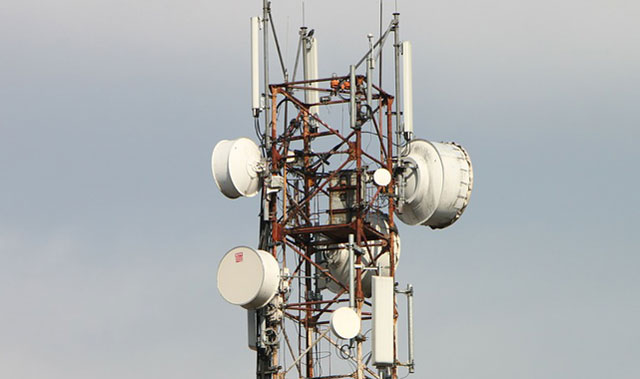
Government’s national integrated ICT policy white paper essentially amounts to the “nationalisation of spectrum in South Africa”, with “significant negative implications for current spectrum licence holders”, consulting and research firm Africa Analysis has warned.
This, coupled with the creation of a wireless open-access network (Woan) — which “can lead to the ultimate contraction of the number of [network] licence holders participating in the wireless market” — is broadly negative for the ICT sector, it said in a newly published guide to the white paper.
The Woan is problematic on several levels, Africa Analysis said. Firstly, the concept of such a network has not been proven anywhere in the world and certainly not on the scale proposed in South Africa.
“The few existing examples are too young to conclusively decide whether they are successful. The Woan may place South Africa on the bleeding edge (rather than the leading edge) of competitive broadband market evolution and South Africa cannot afford to bleed (either in terms of funding or timelines) if this experiment fails.”
Failure, or potential failure, of the Woan can place a significant financial burden on the state
The broad nature of the consortium expected to run the network is also problematic, Africa Analysis said. “How effective will such a consortium be in managing a network (infrastructure) that will need to be dynamic and agile in its response to changing market dynamics and customer demands? How responsive will such a network be to technological evolution?”
Other questions arise, it said, such as how responsive such a network be to service provider needs and how the capacity on the network will be allocated (probably not proportionally to investment).
“How will this constrain service providers that perform better than others in terms of spectrum constraints? Will this ultimately result in an uncompetitive environment where better performing service providers are restrained by limited capacity availability?”
Lack of real power by private sector operators in determining how their investment is applied may also deter them from committing sufficient funding to make the project feasible.
Also, by removing infrastructure competition from the market, competition will be limited to service quality. A standardised network will limit service providers’ ability to innovate based on technology.
Our view is that competition that is driven by infrastructure-based competition is better than service-based competition
There are other, far less risky regulatory and other interventions that could be applied to achieve the same ultimate objectives as the Woan, Africa Analysis said in its report. “One possibility is to create a Woan in competition to the private sector, as opposed to the only high-demand spectrum network available in the country.”
The white paper has also mooted the idea of forcing operators to return their existing spectrum allocations — which they’ve used to build 2G, 3G and 4G/LTE networks — so that it can be reassigned for us by the Woan. Critics have described this as unconstitutional.
Africa Analysis said the implementation of this part of the white paper will “lead to loss of confidence in investing in the infrastructure market”.
“Furthermore, the white paper does not present how the government intends ensuring that the Woan is a success. Failure, or potential failure, of the Woan can place a significant financial burden on the state,” it said.
“The challenge is that the competition thrives on the ability to offer a differentiated service to the consumer. Our view is that competition that is driven by infrastructure-based competition is better than service-based competition.”
Ultimately, the white paper, if implemented in its current form through legislation, could lead to a contraction of the mobile telecoms industry, Africa Analysis warned, with network operators reverting to being simple service providers.
“In effect, the mobile operators will not be able to exploit their [network] licences to offer wireless services,” it said.
“Extending this scenario further, given that the Woan operates the only high-demand [radio-access] network, there would be only one buyer of fibre to the tower sites. This could signal the decline and ultimate exit of operators who provide wholesale high-capacity links to wireless sites.”
Africa Analysis has also questioned the wisdom of enforcing open-access principles on network providers, warning that this could deter investment in infrastructure.
If an operator deploys infrastructure, its retail competitors could simply access the same infrastructure under the same conditions, undermining the investment case. — © 2016 NewsCentral Media




